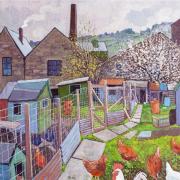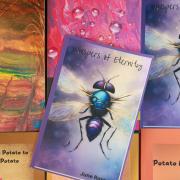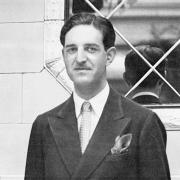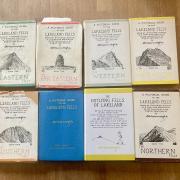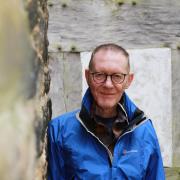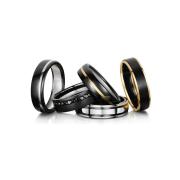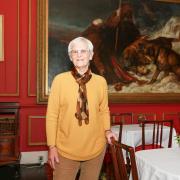To mark LGBT History Month, we speak to two women who fought for equality in Manchester.

Manchester today is a welcoming, open-minded and cosmopolitan city where people are free to live their lives, regardless of their sexuality, race or religion.
But it wasn’t always that way. The rights and equalities people enjoy now were hard won and for many years anyone leading any form of alternative lifestyle faced oppression and intolerance.
Among the people who fought against this prejudice were Angela Cooper and Luchia Fitzgerald. They had seen at first hand the violence and discrimination faced by gay and lesbian people in the city and, fuelled by the optimism and acceptance of the hippy movement of the 1960s, they set about challenging society’s attitudes.
Their story has now been told in a documentary film called Invisible Women. The film was funded by a kickstarter campaign and was made by Alice Smith, and Joe Ingham who was a part of the BBC team that made their gay history series in 2017 to mark the 50th anniversary of the 1967 Sexual Offences Act.

Angela, now 68, said: ‘We were interviewed for the series for four hours and we were on screen for three minutes. One of the researchers realised there was another story that nobody knew and that deserved to be told. He got back in touch with us and we spent about a year reliving our past and being filmed.’
Angela and Luchia were involved in awareness raising campaigns and protests for years and they speak powerfully and movingly in the half hour documentary about the struggles they faced.
‘It’s probably hard for people who didn’t live through it to imagine what it was like,’ Angela added. ‘We know people who had lobotomies and aversion therapy. I suppose we were like freedom fighters now, the people involved in the Arab Spring, for instance. We felt that to survive we had to come out and say “Here we are”.’
Their crusade began with a graffiti campaign, with the words ‘Lesbians are everywhere’ painted around the city in large yellow letters. It went on to include marches, protests and the launch of one of the UK’s first women’s refuges.

Luchia, who came to Manchester from a strict Catholic upbringing in Belfast, said: ‘Looking back it was a big step but we were driven by despair and anger. I could no longer sit on my arse and let things continue the way they were.
‘I wasn’t able to intellectualise what was going on. I was so full of anger I just felt we had to do something because it was awful.’
Despite the progress of the last 50 years, and the apparent freedoms that have been won, Angela said it’s important people continue fighting for equality.
‘Things come in waves and rights can still be taken away and sometimes oppression focuses activism,’ she said. ‘Look at the number of new female senators in America – would that have happened without Trump? People might think everything is cool now but we are both still active, even though we’re getting on a bit.
‘We didn’t think back then we would have the opportunities to live as we can today. Then there were just one or two pubs we could go to in certain areas of the city and we would often see people beaten up because of their sexuality. We have definitely made strides since then but homophobic hate crime is up again so it’s important that people are still fighting.
‘We have had lovely reactions to the film, it’s been very heartwarming. There are often tears, some laughter and quite often surprise and shock because people don’t know what it was like.
‘It’s good to see there’s still a lot going on and people are still active.’
To see the film and details of screenings, go to: facebook.com/invisiblewomenfilm.




